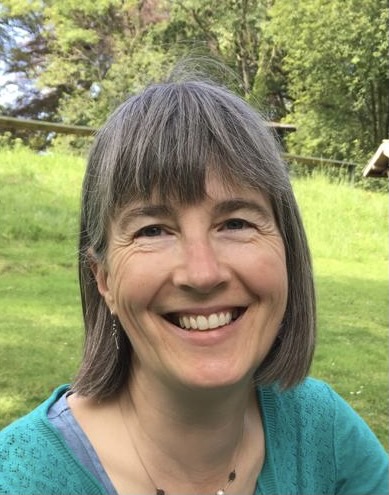Award Category
Screenplay Award Category
ROLY, a grieving mother, must choose between her climate change-denier husband and loyalty to the memory of her dead environmentalist son, who appears to her after his death and instructs her to continue his work.
This submission is private and only visible to judges.



